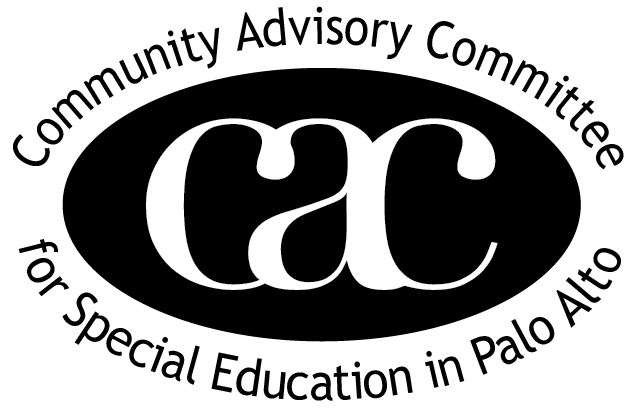Is your child struggling?
When your school-age student is struggling, it can be difficult to figure out what is going on and what to do. We have gathered some resources on this site that we hope you’ll find helpful.
Do you suspect that your child might have a disability or learning difference?
When your child has difficulties learning or participating in school activities, he or she may have a disability. Learning differences or disabilities can emerge or be identified at any time. Issues are commonly identified around Kindergarten age, but learning disabilities are often identified much later.
Red flags that your child may have a disability that impacts his or her ability to access education include (but are not limited to): difficulty reading, writing or spelling, difficulty with math, refusing to go to school, difficulty getting along with teachers or other students, difficulty following directions or paying attention in class, difficulty with transitions, or physical conditions that make it difficult for the student to learn, sit or participate in school.
Do you have concerns about your child’s emotional or mental health?
Mental illness is one of the most highly stigmatized health conditions in the United States and many of those who experience a mental illness rarely seek help. If you have concerns because your child or teen seems depressed, anxious, or angry, here are some resources in our community:
PAUSD Counseling Services http://www.pausd.org/student-services/counseling-services
Project Safety Net http://www.psnpaloalto.com
More on our Mental Health page.
First Steps
If you suspect that your child may have a disability or learning difference, here are some good first steps:
- Talk with your child’s teacher. (The teacher should also notify parents if there has been a noticeable gap in academic performance, possible learning difficulties, or problems with attendance or behavior, but if they haven’t it doesn’t mean there’s not a problem).
- Talk with your child’s doctor. They may refer you to appropriate specialists or suggest other interventions.
- Talk with another parent. The CAC has parent volunteers who can help with navigating the process while respecting your privacy. (Please note that we are not experts and cannot provide medical advice.) Contact Us
Possible next steps
The teacher may suggest trying some strategies in the classroom or ask that a Student Study Team (SST) evaluate your student’s academic, behavioral and social-emotional progress. The SST may propose additional strategies.
If progress is still a concern the SST may recommend an assessment to determine eligibility for special education and related services. Some families may also choose to have a private assessment. See our Assessments page for more info.
Important: You as the parent can also request an SST evaluation at any time. You don’t need to wait for the teacher or school administration to propose this. You can also request that an assessment for eligibility for special education be done at any time. The assessment process does not have to be initiated by the school. Here’s a template letter you can use to request an assessment from the district.
Learning more
To effectively advocate for your child you need to learn about your child’s needs. It is also important to learn about the process and your rights as a parent. There many good resources, testimonials and simulations online like Understood, AutismSpeaks and many others.
We are fortunate to live in an area with many (often free) parent education opportunities, such as Parents Helping Parents and Children’s Health Council.
You can also read the SELPA Parent Handbook.
Don’t despair!
The right intervention or support can be different for every child and can takes time and patience to identify. Browse our sections on Navigating Special Education, as well as our sections on Palo Alto Area Resources and Navigating PAUSD.
